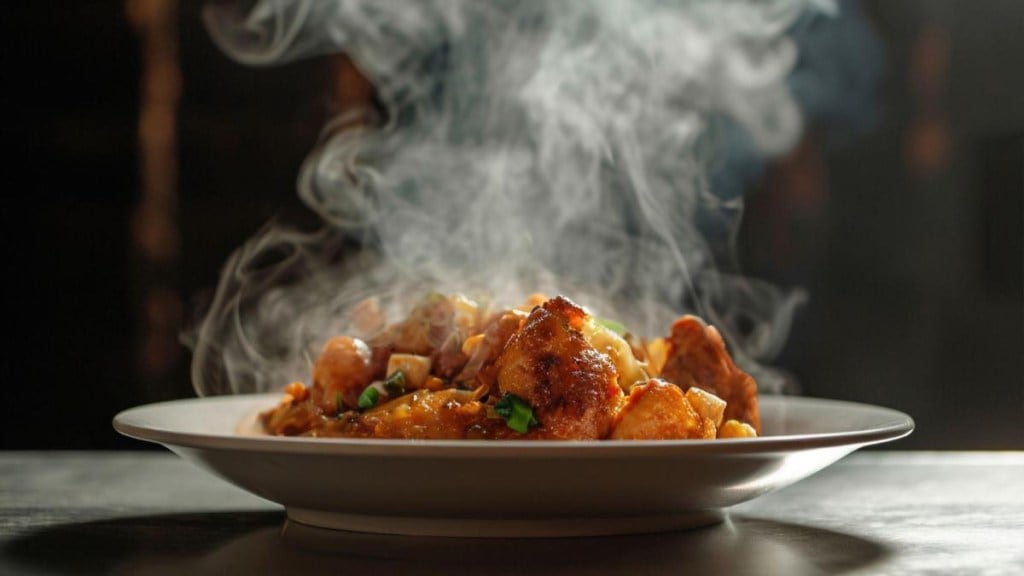Researchers have brought implications toward a link between hot liquids and squamous cell carcinoma of the esophagus. Even though there is a little evidence in this respect, it is meager.
According to Dr. Bhavesh Patel, Consultant Gastroenterologist, Bhailal Amin General, Vadodara, Gujarat, the suggested mechanism through which this impact is supposed to work involves a simple way through which the lining of the esophagus is damaged by a hot drink.
“Repeated damage can initiate a cycle of cellular injury and repair. This makes a stage conducive to the development of malignant cells. However, how strongly this impacts the progression of esophageal carcinoma is controversial,” Dr. Patel told Financial Express.com.
Only a handful of studies have centered on the impact of specific temperatures in this regard. An important exception related an increased incidence of esophageal carcinoma with drinking liquids that exceeded 65°C (149°F), he explained. The evidence is thus suggestive of a temperature effect, but also desperate for more generalised and definitive research that would definitely elucidate a causal trend. Without such findings as a whole, it is impossible to determine whether attenuating beverage temperatures could lower the incidence of cancers below that of the unmoderated temperatures.
“More effective strategy would therefore be to address well-established risk factors for esophageal squamous cell carcinoma. One of the most notable contributors to this is smoking and chewing tobacco. Besides that, excessive alcohol consumption has also been identified as a major factor contributing to this disease through synergism, leading to a considerable increase in risk for cancer. Such practices would be limited or phased out altogether in any strategy of prevention,” Dr. Patel told Financial Express.com.
Dietary changes also play a crucial role in preventing cancer. Ingestion of raw fruits and vegetables has been a treasure trove of antioxidants, vitamins A, C, and E, and minerals, which help protect the cells and restore balance during oxidant/antioxidant stress. These nutrients can be effective in repairing DNA damage and reducing inflammation, thereby lowering the likelihood of further cancer development to pre-existing levels again.
“Although the thermal injury hypothesis requires further study, prudent measures to reduce cancer risk are already well established. These include moderation of alcohol use, abstinence from tobacco, and a nutrient-dense diet. Based on currently available evidence, these strategies provide the best defense against this disease until more substantial data on hot beverage consumption and esophageal cancer risk become available,” Dr. Patel said.

